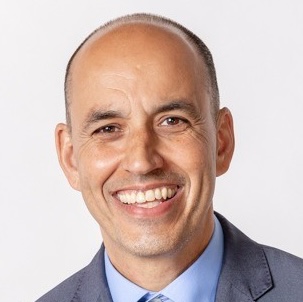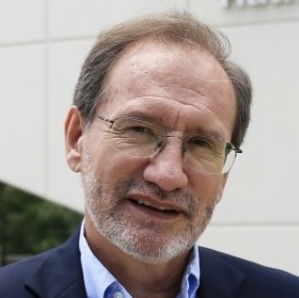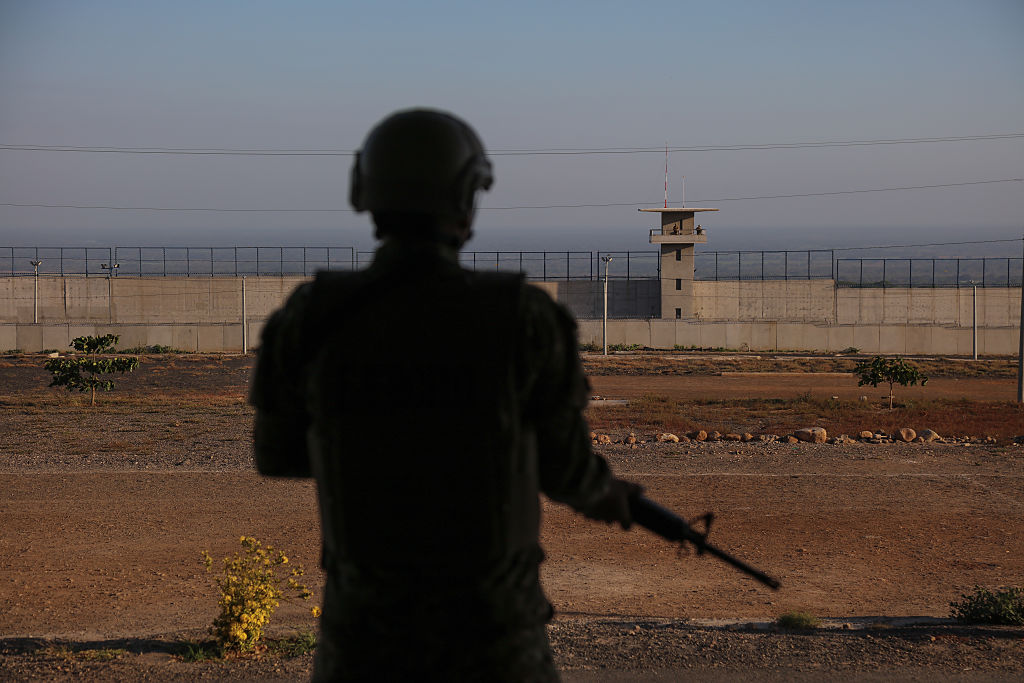Organized crime is changing Latin America’s societal fabric. As the region’s most visible threat, the emergence of transnational crime organizations is rapidly reconfiguring some traditional perceptions, and countries long viewed as stable and safe are now succumbing to a trend of high homicide rates and widespread criminality.
The inescapable reality is reshaping risk in the region, and Chile and Ecuador, once viewed as islands of stability, are now at the same high-risk levels long associated with Mexico, Brazil and Colombia, three countries historically associated with protracted organized crime.
And the propagation of crime and violence is making evident the governments’ largely ineffective responses, contributing to the erosion of the fundamental institutional trust across the region. This worrisome convergence coexists with mounting economic pressures and global realignment, creating an environment of heightened social tensions in most countries and making it imperative to strengthen the legitimacy of the state.
These findings are from the 2025 Latin America Country Risk Index and Analysis, established last year by Florida International University’s Adam Smith Center for Economic Freedom, to monitor the evolution of key socioeconomic metrics about the region. The study compiles expert assessments of the key political, economic, social and international risks in 12 countries: Argentina, Bolivia, Brazil, Chile, Colombia, the Dominican Republic, Ecuador, El Salvador, Mexico, Panama, Paraguay and Peru. In this Delphi study, 765 respondents from diverse sectors across Latin America were surveyed and 360 in-depth interviews with experts were conducted throughout 2025.
This year’s edition delivers a sobering, urgent message: The growing reach of organized crime has created increasingly interconnected security and economic risks, forming a complex web that links crime, governance, and legitimacy into a single crisis of state capacity.
Crime without borders
Once largely limited to drug trafficking, today’s criminal networks have evolved into multinational conglomerates that operate across industries and borders. The Sinaloa and Jalisco New Generation cartels from Mexico, the Primeiro Comando da Capital from Brazil, and Venezuela’s Tren de Aragua are now transnational enterprises engaged in illegal mining, cybercrime, human trafficking, environmental degradation, and sophisticated money-laundering schemes.
What distinguishes this new phase is not just the diversification of criminal activity but its penetration into the formal economy and the state itself. In many countries, criminal organizations have established strategic alliances with politicians, police, and business elites, creating what can best be described as “hybrid sovereignties,” where the boundaries between legality and illegality blur. This trend is most prevalent in Bolivia and Colombia, but it is also evident in Brazil, Ecuador and Peru.
The consequences are visible across the map, and the risk perceptions about Chile and Ecuador are similar to Mexico, Brazil, and Colombia, illustrating a paradigmatic shift.
Governments have mainly proven ineffective in meeting the challenge. Weak institutions paralyze some; others appear unwilling—or unable—to confront networks that have infiltrated every level of public life. The result is a growing sense among citizens that the state is retreating from its most basic responsibility: guaranteeing security and upholding the rule of law.
The erosion of trust
The collapse of public trust may be the region’s most insidious threat. Across the 12 countries surveyed, our “Trust-O-Meter” shows confidence in political parties, legislatures and courts at historic lows. Citizens no longer believe that public institutions represent them or act in their interest. Experts in Paraguay, Brazil and Bolivia reported the highest annual risk.
This is not simply a passing phase of disillusionment—it signals a deeper structural breakdown in the legitimacy of democratic systems. Corruption, clientelism and the blurring of lines between public service and private enrichment have turned many political systems into what one respondent described as “self-perpetuating machines of distrust.” Judicial co-optation and selective enforcement of the law have reinforced the perception that justice is reserved for the powerful.
And yet, there is a paradox worth noting: Despite widespread frustration, Latin Americans continue to believe in democracy as an ideal. In Argentina, Bolivia, Chile and Ecuador, confidence in the fairness of elections remains relatively high. Citizens still see the ballot box as the legitimate means of transferring power, even when they no longer trust the politicians who benefit from it.
This enduring belief in democracy, however fragile, may be Latin America’s greatest asset. Still, the line between democratic endurance and democratic decay has become thinner in recent years. Polarization, misinformation and the growing appeal of authoritarian “quick fixes” threaten to push several countries toward illiberal solutions.
Economic fragility and the social pressure cooker
Beneath the political and security crises lies a familiar yet intensifying challenge: economic fragility. Inflation, unemployment and informality remain persistent, while the cost of food and basic goods continues to climb. For many Latin Americans, the recovery from the pandemic never arrived—and the so-called economic rebound has only deepened inequality.
The study highlights a dangerous feedback loop: Economic exclusion feeds social unrest and criminal recruitment, while insecurity in turn undermines investment and job creation. This cycle has entrenched what might be called a “poverty of opportunity”—a condition in which entire generations feel locked out of progress.
Young people have become the most vulnerable demographic. With limited prospects, many are drawn to the parallel economies controlled by organized crime. In parts of Mexico, Central America and the Andean region, these criminal organizations now function as employers, welfare providers and even local governments.
El Salvador offers a striking counterexample but also a warning. President Nayib Bukele’s “state of exception” has reduced violence to historic lows, making the country safer than at any point in decades. Yet the cost has been the suspension of civil liberties and due process. The Salvadoran experience thus embodies the dilemma facing much of the region: Can security be achieved without sacrificing democratic norms?
Reclaiming the state
The 2025 Latin America Country Risk Index and Analysis delivers a clear message: The region’s future depends on its capacity to rebuild state legitimacy. To move toward stability and growth, Latin America must confront organized crime as a governance challenge rather than merely a law enforcement issue, restore trust in its institutions, and harness global realignment as a catalyst for inclusive development.
The interplay between security, trust and economic resilience will determine whether Latin America enters an era of renewal or slides deeper into fragmentation. The region has seen moments like this before, but rarely has the convergence of risks been so acute, nor the margin for error so thin.







